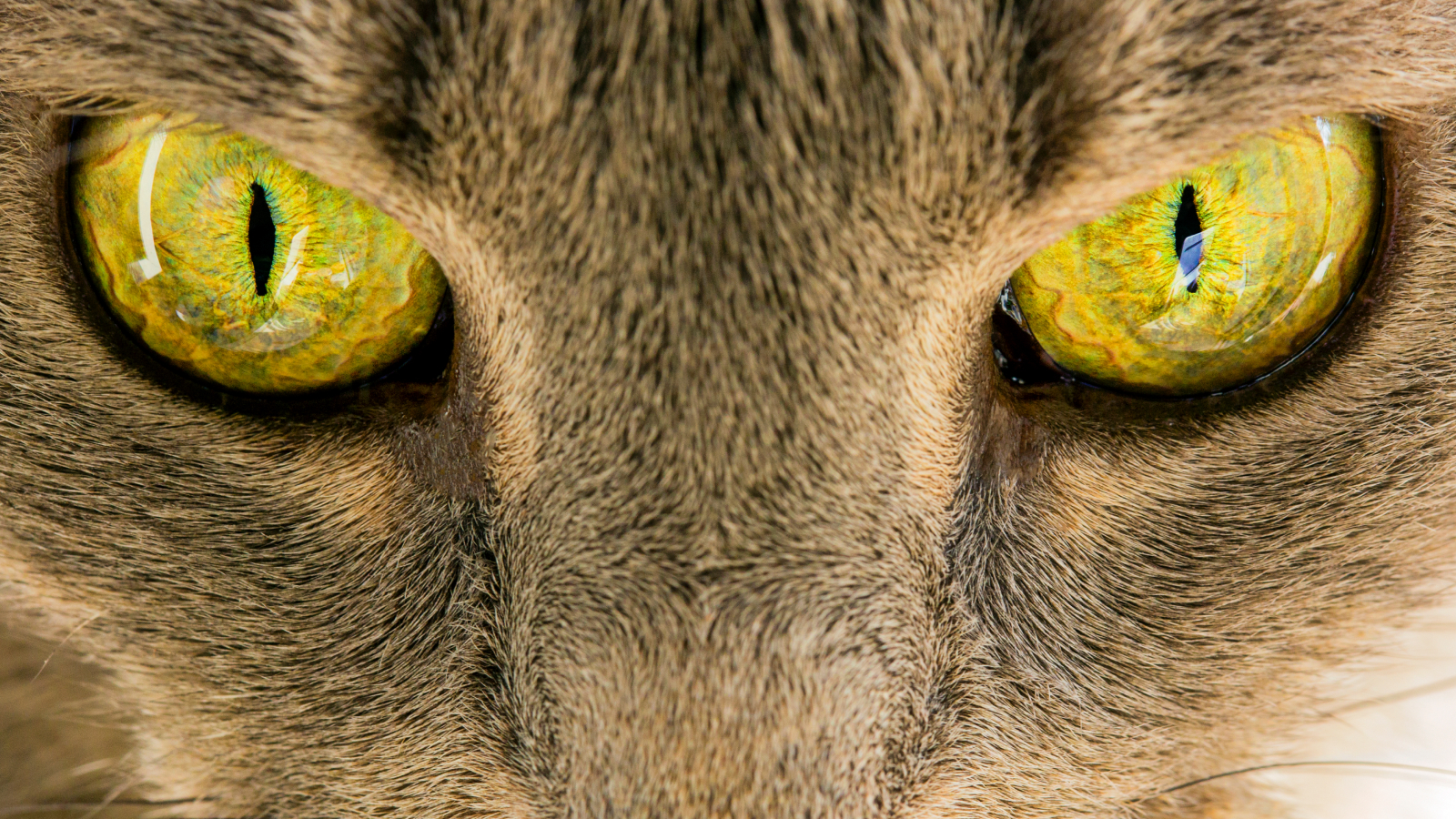Nutrients, Vol. 15, Pages 1625: Do Poor Diet and Lifestyle Behaviors Modify the Genetic Susceptibility to Impulsivity in the General Population?
Nutrients doi: 10.3390/nu15071625
Authors: Tian Xie Lizanne J. S. Schweren Henrik Larsson Lin Li Ebba Du Du Rietz Haavik Liv Grimstvedt Grimstvedt Kvalvik Berit Skretting Solberg Kari Klungsøyr Harold Snieder Catharina A. Hartman
The present study investigated whether an unhealthy diet and other lifestyle behaviors may modify the genetic susceptibility to impulsivity. A total of 33,047 participants (mean age = 42.1 years, 59.8% females) from the Dutch Lifelines cohort were included. Each diet index and other lifestyle behaviors were tested for their interactions on the effect on the attention-deficit/hyperactivity disorder (ADHD) polygenic risk score (PRS) on impulsivity using a linear regression model with adjustment for covariates. The ADHD PRS was significantly associated with impulsivity (B = 0.03 (95% CI: 0.02, 0.04); p = 2.61 × 10−9). A poorer diet, a higher intake of energy, and a higher intake of fat were all associated with higher impulsivity, and a high intake of energy amplified the effect of ADHD PRS on impulsivity (e.g., for the interaction term of ADHD PRS and highest tertile on intake of energy, B = 0.038 (95% CI: 0.014, 0.062); p = 0.002. The other lifestyle factors, namely short and long sleep duration, current and past smoking, higher alcohol intake, and more time spent on moderate-to-vigorous physical activity were associated with higher impulsivity, but no interaction effect was observed. In conclusion, we found that a high intake of energy exacerbated the genetic susceptibility to impulsivity. Our study helps to improve our understanding of the role of diet and genetic factors on impulsivity.

 1 year ago
27
1 year ago
27


